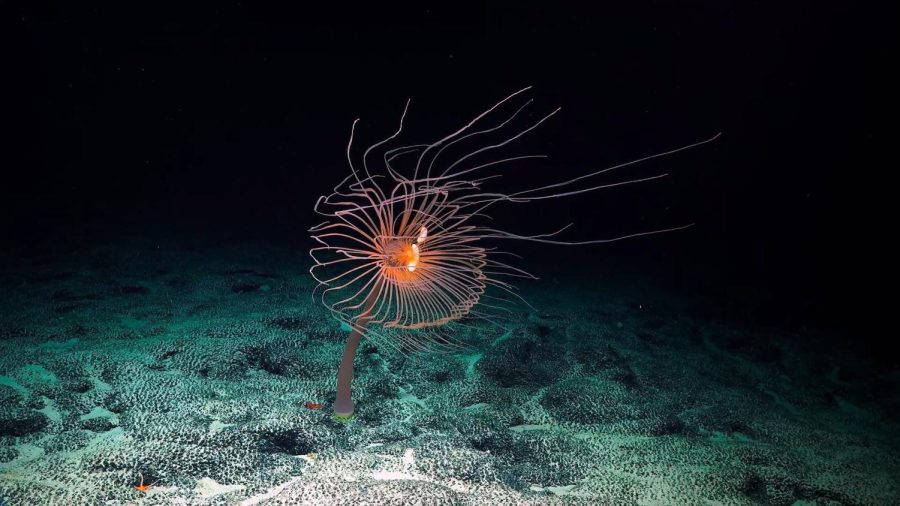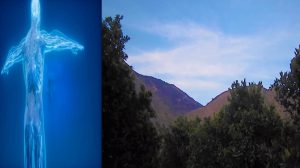Sundance 2023: ‘Deep Rising’: The Oceans Belong to No One
January 27, 2023
Matthieu Rytz has returned to Sundance with another documentary showcasing the effects of climate change with his newest film “Deep Rising,” produced and narrated by Jason Momoa.
What Lurks in the Deep
The documentary follows the rise of The Metals Company, a Canadian mining startup run by CEO Gerard Barron that seeks to revolutionize the industry by accessing energy found in polymetallic nodules scattered across the floor of the deep sea. The issue, as pointed out by marine biologist Dr. Sandor Mulsow, is that these nodules take millions of years to develop, and though they can be gathered easily and without the drilling that terrifies the public, we have no real idea how important they are to fragile ecology of the deep. What we do know is that it will be another several million years before those we take are replaced by new nodules.
Mulsow espouses the idea of humanity’s common heritage found in the ocean, where some of the oldest and least understood lifeforms live and die. Mulsow argues that no government or private agency can give any part of the ocean to a company, and that the deep sea nodules belong as much to you and I as they do Barron and his investors. Therefore, he has no right to make massive profits off something that does not belong to him. Furthermore, the intended use of the nodules, which are marketed through heavy greenwashing as eco-friendly, is for individual-use electric cars rather than public transit or more environmentally conscious solutions.
Momoa, himself an Indigenous Hawaiian, narrates as we watch Indigenous groups from across the world fight against mining companies that seek to exploit their resources, take their land and ruin their environment for decades to come. Rytz and Momoa argue that what happened first to sperm whales and then to coal and oil is exactly what The Metals Company and any organization like it will do to the polymetallic nodules. They are interested first and foremost in making a profit, and the most eco-friendly practices are often the least profitable.
There Are No Silver Bullets
Mulsow reminds us that there are no “silver bullets” to end climate change. There is no magic rock hidden in the deep that can save us if we insist upon continuing our current modus operandi or building new cars (be they gas or electric), throwing out completely reusable material and focusing on the most profitable (i.e. the most scarce) materials rather than the most abundant ones.
“Deep Rising” cycles through fly-on-the-wall shots of Barron socializing with elite investors, Mulsow explaining complicated ecological concepts and Momoa’s poetic narration over beautiful images of Lovecraftian deep sea wild life. The film lulls viewers into a compelling nature documentary and then instantly confronts them with occasionally esoteric but consistently informative facts as well as deep notions that force the audience to reconsider their own outlook on life and the impending (or rather currently happening) climate crisis.
The Climate Crisis Continues
Anyone at all interested in the climate crisis, and certainly those indifferent or unconvinced, should watch “Deep Rising” — if not to learn about the polymetallic nodules which I’m sure many of us had no idea existed, then to be reminded of that the land and its natural resources do not belong to us, let alone to a corporation, and the same must be said for the ocean and its deeps.











